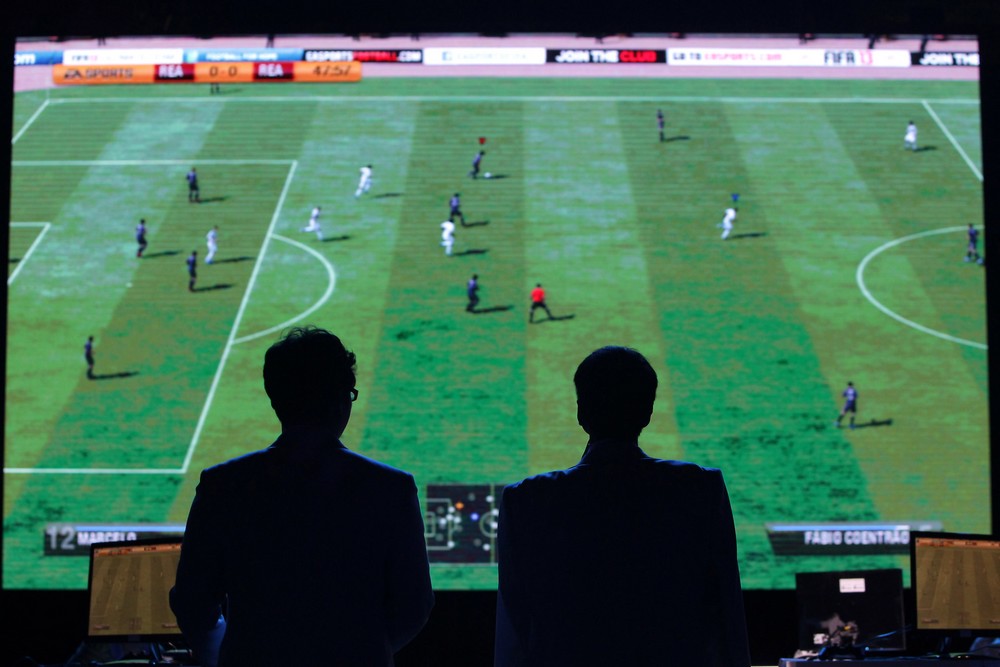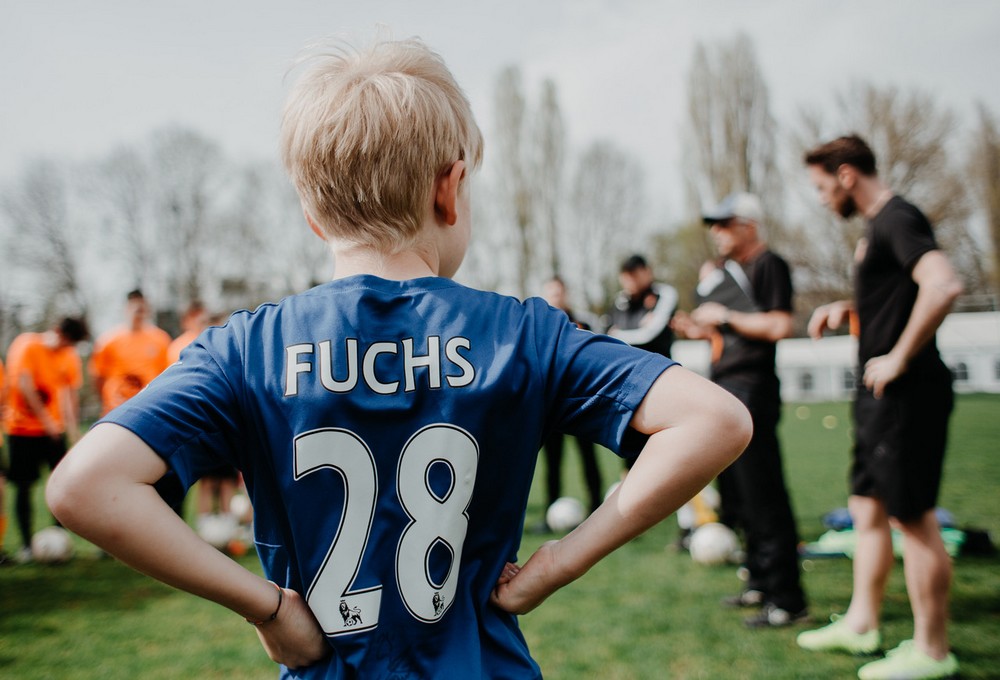Disclaimer: Esports Insider is a media partner of SportsPro Live. This article was authored by Sports Pro and originally appeared here. To find out more about the event taking place between April 30th and May 1st click here.
SportsPro caught up with Leicester City’s Premier League-winning left back Christian Fuchs to learn more about his decision to invest in his own esports team, and to discuss why he believes that competitive gaming represents the future of the industry.

To some, the notion of an elite sportsperson and a set of teenage video gamers embarking on a business venture together might sound like the beginning of a bad joke, but as professional athletes continue to survey potential areas to invest their money, esports organisations are emerging as one of the more attractive propositions.
Talk of esports’ growth has now filtered through the walls of the gaming community and into major league locker rooms. Los Angeles Rams offensive guard Rodger Saffold moonlights as an owner of the Rise Nation Call of Duty team, while Brooklyn Nets point guard Jeremy Lin has co-founded a Dota 2 outfit called Team VGJ. NBA legend Shaquille O’Neal and Alex Rodriguez, the former New York Yankees slugger, are both investors in California-based NRG Esports.
One of the latest to join the star-studded list of athletes investing in esports is Leicester City’s title-winning defender Christian Fuchs, who in June became the first active Premier League player to launch his own esports academy. For the Austrian soccer player, 32, the reason for joining the esports bandwagon was simple.
“Because it’s the right time,” he says. “I think if I waited four or five years from now, it would be too late, or it might be harder to start up than it is right now. I see my son playing online games all the time and I think, ‘okay, that’s interesting’, because he knows the players by name, he knows so many players that are playing, so it made me realise that this is really big, and people are making money off of it.

“When I started I could not believe the numbers, which are ridiculously big. From a business perspective, this is the future, and it’s growing so much that I wanted to find a way to be more involved. At the moment I’m learning day-by-day, but it’s very interesting, and I’m looking forward to growing my own academy.”
While the numbers involved in esports speak for themselves, it is also true that today’s athletes belong to a generation that has grown up playing video games. Players are regularly filmed in hotel rooms challenging teammates to games of Fifa or Fortnite when travelling for away matches. Some athletes now engage with fans whilst streaming gaming sessions on Twitch – in March, for example, Pittsburgh Steelers wide receiver JuJu Smith-Schuster smashed viewing records on the Amazon-owned platform when he joined rappers Drake and Travis Scott on esports celebrity Ninja’s Fortnite stream, drawing some 630,000 viewers.
“Let’s say I grew up with Fifa,” begins Fuchs, whose own team will initially focus solely on the popular soccer video game series. “Every young boy that follows football, they’re growing up with Fifa as well. I always watched esports – I was obviously aware that it existed – but it came more to my attention when I saw how much it was growing. I think it will explode in the next couple of years.”
“When I started I could not believe the numbers, which are ridiculously big. From a business perspective, this is the future, and it’s growing so much that I wanted to find a way to be more involved.”
That is not to say, however, that athletes pumping their money into esports hold all of the answers. Fuchs, for one, admits that he has partnered with another investor from the gaming industry who has knowledge of the space. “I’m working with somebody because it’s something new for me and I need to get to know the whole area,” he says. “I think it was just a logical step for me as a footballer to start with Fifa because I want to see how the project works and how it grows.”
Fuchs, who has become something of a cult figure during his time at Leicester, is adamant that he will maintain a hands-on role to ensure that the members of his esports academy adequately reflect the nature of his brand, #NoFuchsGiven.
“If you know me, then you know that when I do something I want to commit myself,” he explains. “I’m being advised, obviously, but I’m the one pitching to players. So I communicate with the players and I interviewed the gamers that we already hired, because it’s important to me that when someone’s playing for my team I know them. I want to see what kind of characters they are. I don’t want boring players in my academy, I want players who are going to give 100 per cent and reflect the way I want it. So I’m pretty involved, and I love being involved.”

If nothing else, too, esports should provide a global platform for #NoFuchsGiven, which already exists as an apparel and lifestyle brand. Fuchs, who also runs a number of soccer academies, has confirmed that his new team – to which four players are already signed up – will be kitted out by his own company, while there are also plans to expand that operation with a dedicated line of gaming clothing.
Beyond that, Fuchs is well aware of the wealth of opportunities that exist to monetise his academy. Gaming outfits and esports players around the world are attracting sponsorships from non-endemic brands, and Fuchs is joining the game at a time when the mainstream media is beginning to pay attention.
“We are definitely looking to monetise it, but I don’t think it’ll happen right away,” he says. “I think immediately it’s about getting sponsors onboard to grow the academy so that we can afford more players, but it’s also about championships and tournaments where the prize money is simply growing and growing.
I always watched esports – I was obviously aware that it existed – but it came more to my attention when I saw how much it was growing. I think it will explode in the next couple of years.
“Esports is the future and people are getting more and more into it, so there are definitely a lot of facets of growing the business and monetising it.”
Christian Fuchs will be speaking at SportsPro Live, which takes place from 30th April to 1st May in London. To find out more, click here.
